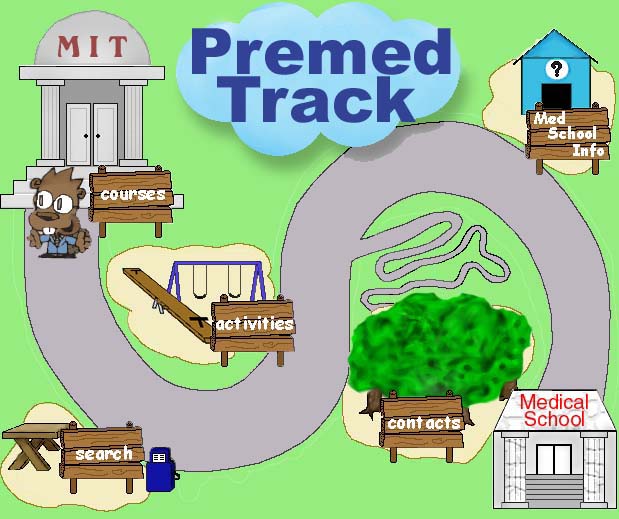
 Just when you thought that there was nothing new in plain radiography, I read about Statscan.
Just when you thought that there was nothing new in plain radiography, I read about Statscan.The Statscan Critical Imaging System is a flexible format digital radiography (DR) system aimed specifically at the needs of emergency medical centers and is designed to meet the radiography needs of both trauma patients and standard emergency patients. Statscan gives critical life-saving
information to the medical staff by enabling them to have a complete picture—literally from head to toe—of a patient’s injuries, faster and with less interference with patient stabilization efforts than ever before possible.
I remember once that we had a trauma patient with multiple fractures, but no internal injury. I was trying to get the X-rays done so that the ortho team could take the patient to the OR. The junior ortho resident told me not to worry about it, they would just fluoro the entire patient as a screen, and then get dedicated films of the positive fractures. It was quick, and worked well for that patient. Now I hear that Lodox came up with a product that takes this concept one step further.
The idea of entire body radiogrpahy grew out of the need for security at South African diamond mines. I'm not sure a daily X-ray at the end of your shift is the greatest idea, but it definitely kept the miners from getting sticky fingers, and taking some product sample home from the mine.
Now the Statscan machine claims that they can radiograph an entire body in as little as 13 seconds. At my institution, I can't even find the radiology tech that quickly to get the portable X-ray machine! Seriously, we can often get a CT scan faster than a plain film. This could definitely help speed up care in many patients. The Statscan would also be wonderful for those trauma patients that complain of pain from head to toe, and you're obligated to order a ton of X-rays.
Reportedly, the entire body film is viewed on a computer workstation monitor. The standard is an AP view, but a lateral can also be done. There seem to be some issues in neck clearance by Statscan imaging alone, but this is useful as a screen, and for fracture workup.
The Statscan is on my Christmas list!
Medicine Tag
Health Tag




















